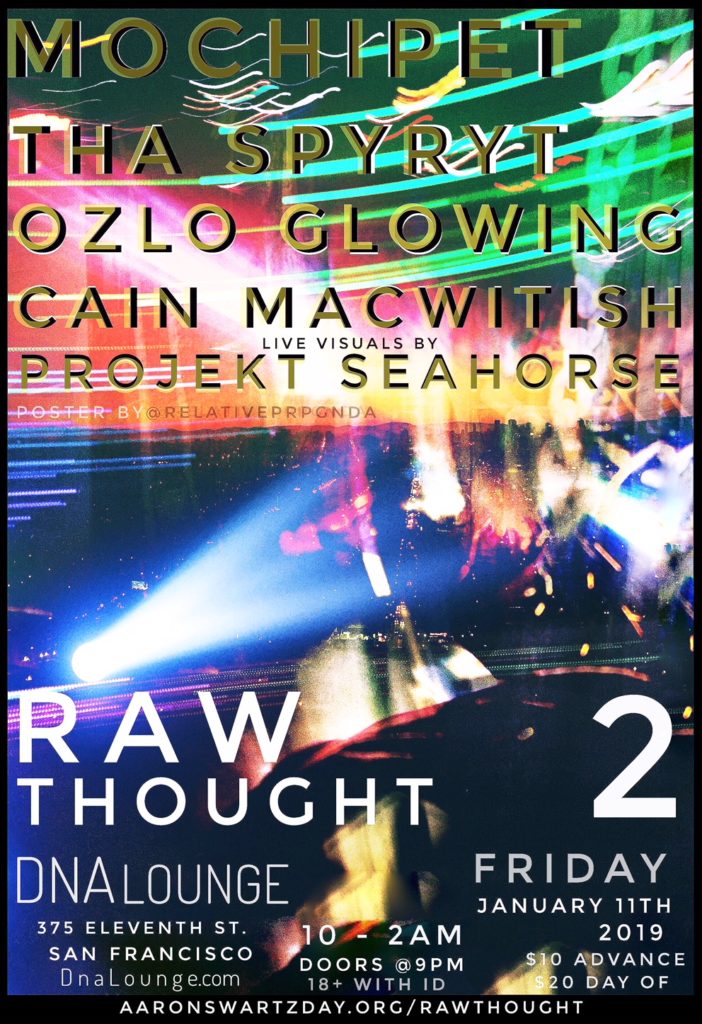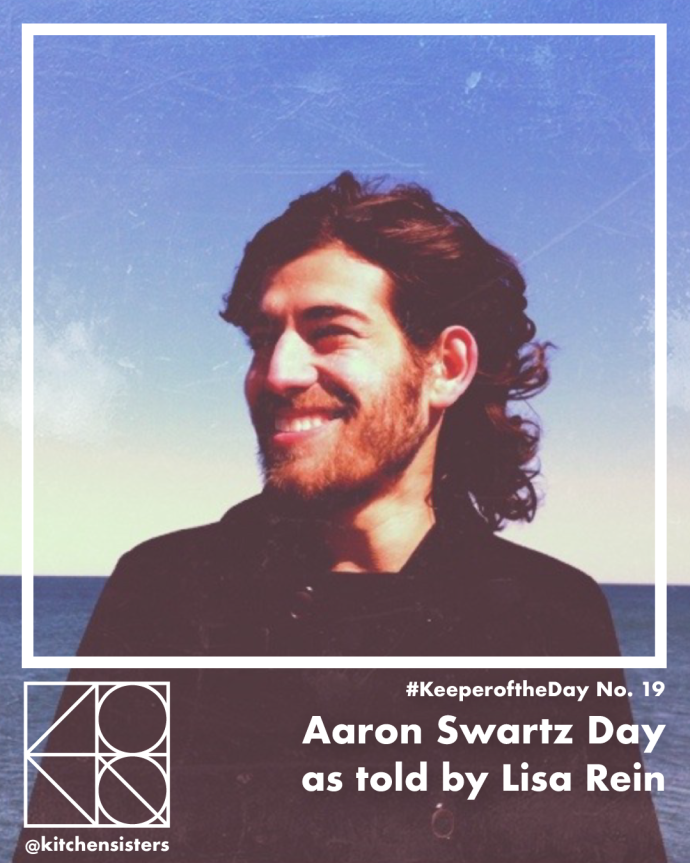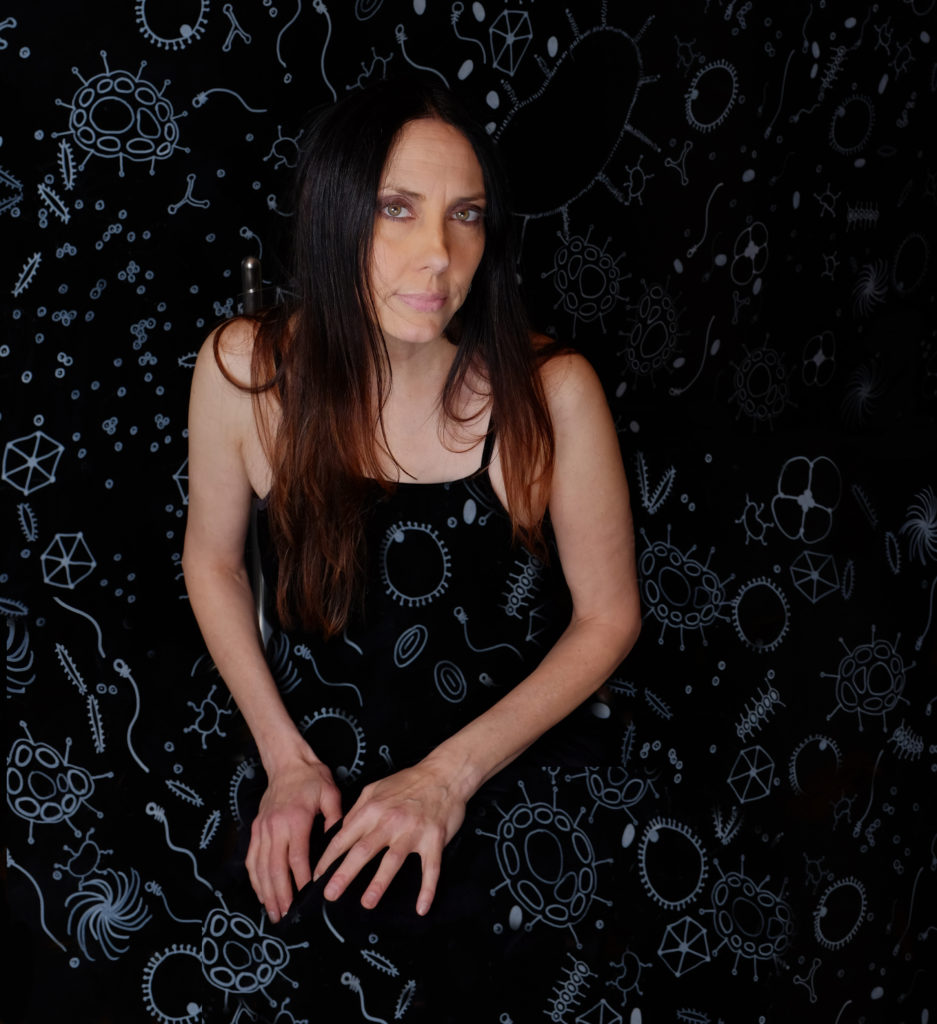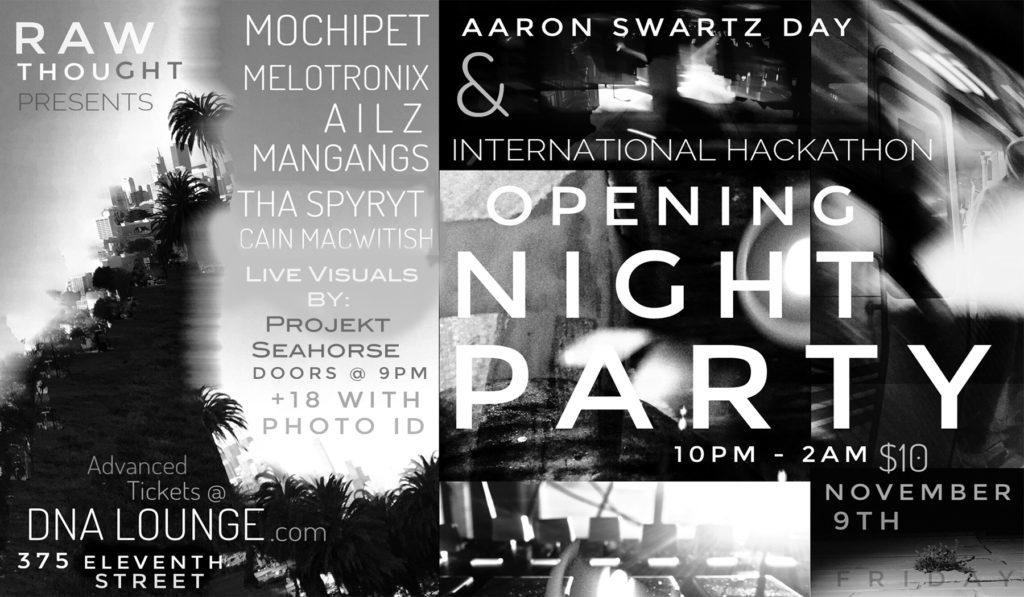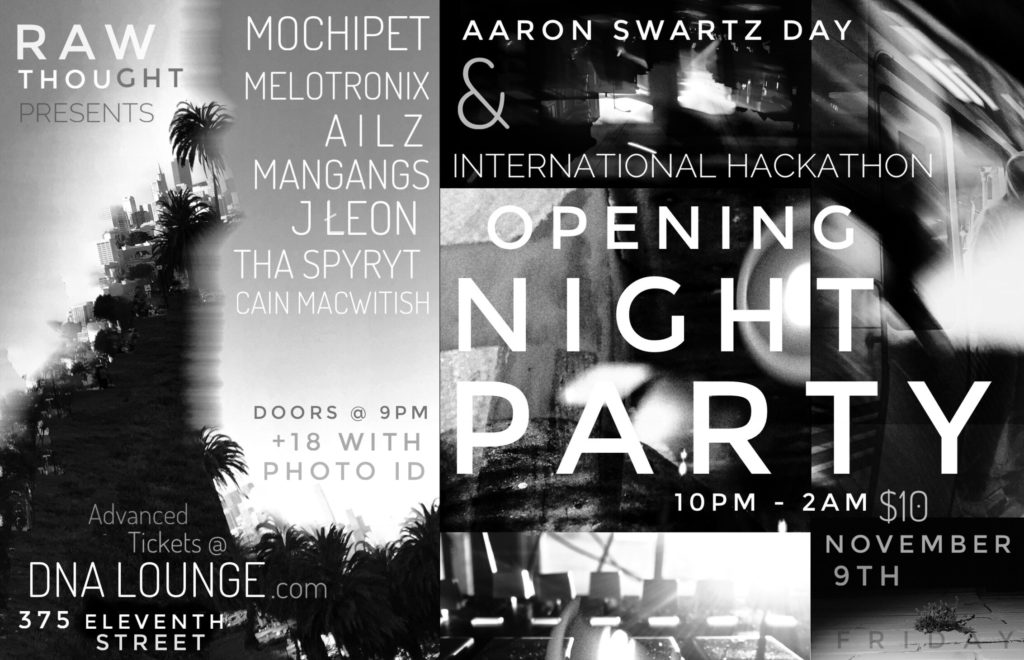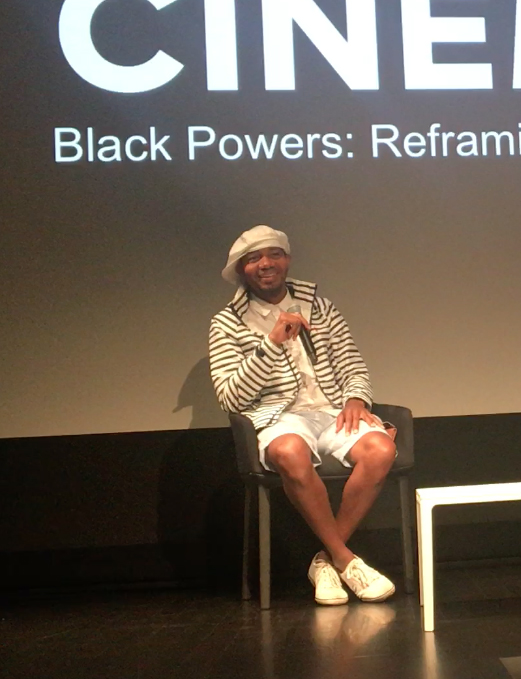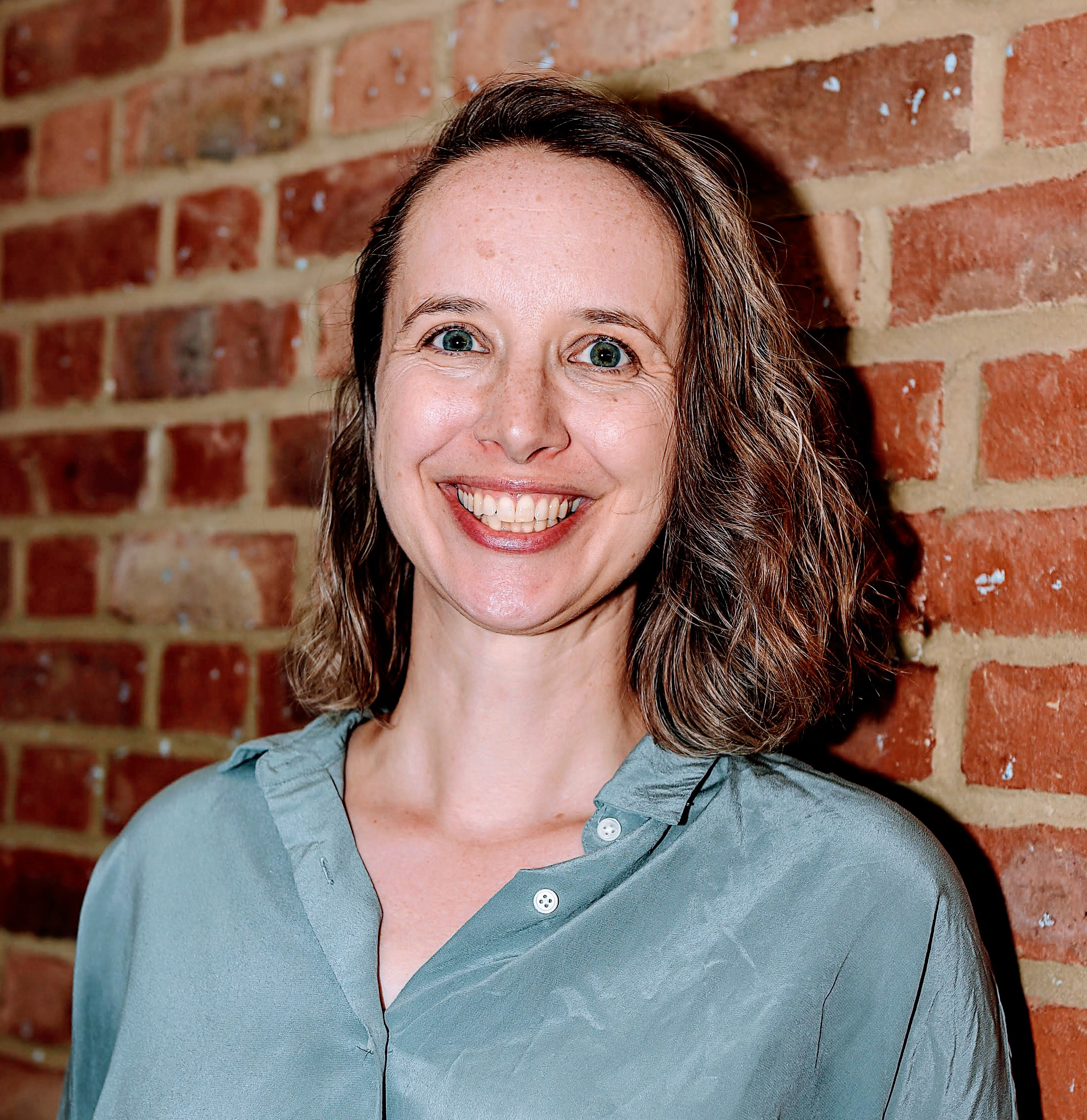Tha Spyryt will be performing at 11:30 pm, at the next RAW THOUGHT at the DNA Lounge (A Dance Night with a Psychedelic Chill Room) on January 11, 2019 at the DNA Lounge – 10pm – 2am. Also performing: Mochipet, Ozlo Glowing and Cain MacWitish.
Check out Tha Spyryt’s complete set from the first ever “Raw Thought” music event – at the Aaron Swartz Day opening night party, November 9, 2018.
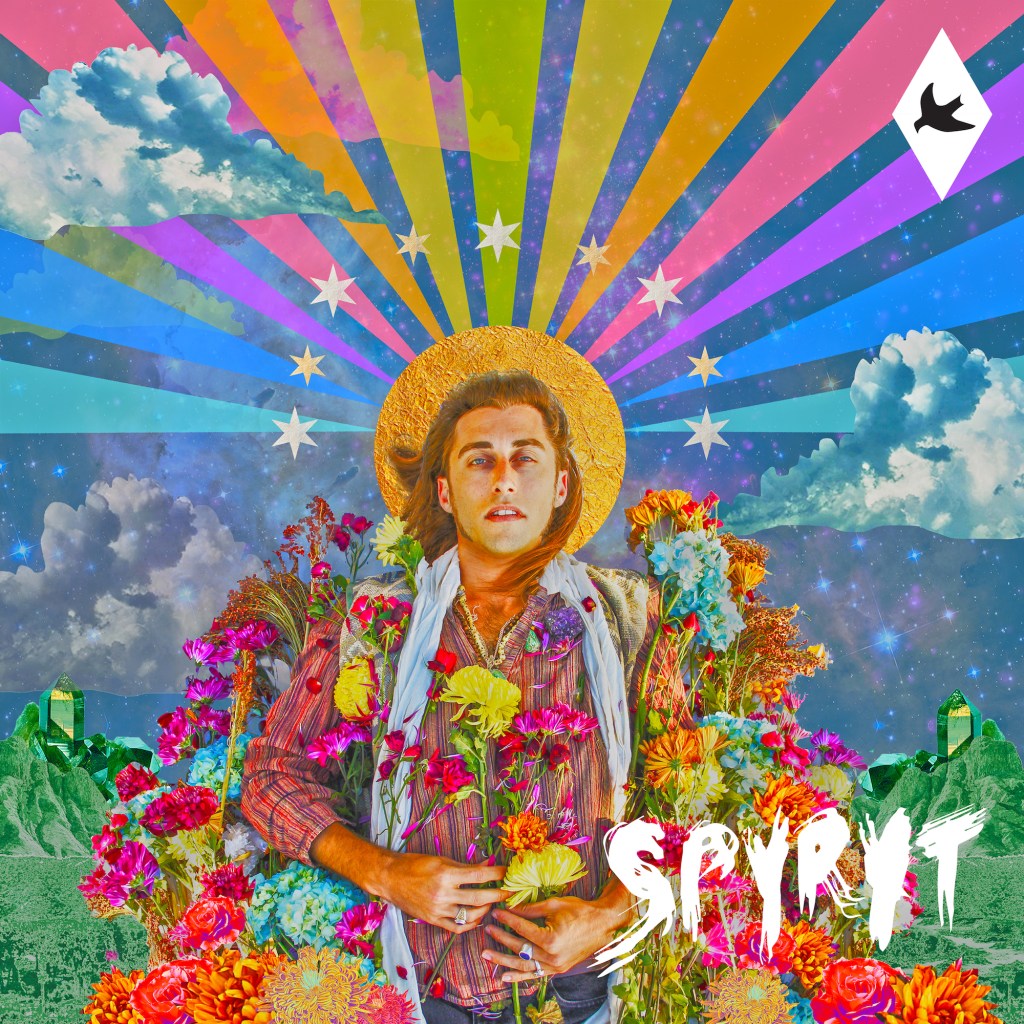
A Conversation with Tha Spyryt – A Raw Thought DJ Performing January 11 at the DNA Lounge
If “Raw Thought” sounds familiar, it should. It was the name of Aaron’s prolific blog – and one of the main goals of these events – besides providing a great place to meet people and dance – is to continue to spread Aaron’s knowledge and ideas to a larger audience.
Tha Spyrytis a member of Aaron Swartz Day’s Raw Thought Crew that performed for the first time together on November 9, 2018.
LR: So how long have you been creating music?
Tha Spyryt: Creating music? Music is more of a translation or interpretation of creation.
Four years off and on learning production seriously, my friend Moda Graphik taught me Ableton in 15 minutes which got me into it, however stopped for awhile and now refocused on it as a means to harness all mediums of art I work on, or “create” / translate. Before that spent many years in the underground, club, and festival scene performing live visuals with major headliners, participating in tour life, or creating new media content and being immersed in music production/event culture…
LR: What’s your favorite new piece of equipment?
TS: My friends :). Making noise with people seems to be one of the best parts about performing or playing instruments music what have you. Lately I have been learning to understand that we are all the best machines we will ever need.
Technology is just an extension, but implementing our strengths can be a place that new possibilities arise. + Along with new friends is new studios, new instruments, and new spaces to travel to. Experience, vision, & inspiration: equipment that is intangible yet crucial to the construction of any piece. Bliss random answers always serve hot meals, though a miracle is often the luck of decisive reaction.
***Remembering Aaron – A thoughtful Dinner Party***
Come to the Raw Thought dinner party on Friday, January 11th, at the DNA Lounge at 7:30 pm (before the music performances start at 10pm). We will be discussing and learning about Aaron’s life & history, including some Q & A time that I’ve been promising for a while. We will also discuss some of the new things we have learned over the past year about the bizarre situation around Aaron’s court case.
Please do RSVP by writing: aaronswartzday@gmail.com. (Space is limited.)
We will move forward together and make the world better!
No one can stop us <3


